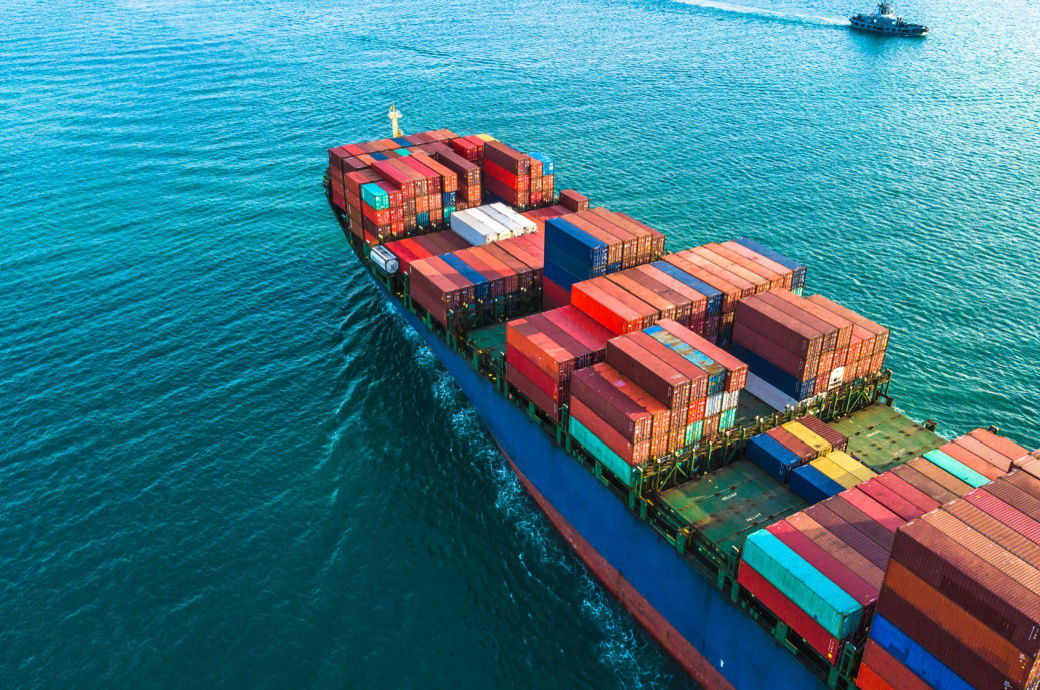Maritime transport's energy use to set back GHG cutting goals: UNCTAD

International and European institutions must act collaboratively to ensure that efforts are made towards the reduction in GHG emissions, and to grant access to renewable energies for all parties concerned, Estela Morante wrote in an article in the UNCTAD Transport and Trade Facilitation Newsletter for the fourth quarter this year.
The maritime sector presently accounts for about 2.8 per cent of all global GHG emissions, mainly due to its rapid growth, its dependence on carbon-intensive bunkers, and the sheer size of its business. More than 80 per cent of the world merchandise trade by volume is transported by sea.
Setting up a roadmap to the decarbonisation of the maritime sector will require a consideration of three different fundamental aspects: technology, policy and investment in research, development and innovation, the article said.
First of all, efforts must be made towards replacing the use of fossil fuels with others of renewable origin, and development of these new fuels must be carefully guided by criteria of sustainability, it said.
Secondly, as a consequence of the development of new fuels, changes will be needed in the propulsion systems of ships to enable them to run on said fuels; and great economic and technological efforts will have to be made to secure adequate access to their supply at a global scale by building new infrastructure or adapting existing ones, it noted.
And finally, the maritime industry is working on the conceptual development and construction of ecological, zero-emission ships; and important technological efforts are also being made towards increasing the efficiency of ship engines and propellers, or the implementation of on-board energy sources, which can have a significant impact in reducing GHG emissions.
Other methods of operational efficiency such as speed reduction, proper maintenance of the ship's hull and better planning of voyages are also key to reducing energy consumption, the article noted.
In order to achieve the ‘4th industry revolution’ in shipping and a better coupling of the maritime transport and energy sectors, investment in research, development and innovation must be scaled up significantly, the article added.
Fibre2Fashion News Desk (DS)
































-Ltd..jpg?tr=w-120,h-60,c-at_max,cm-pad_resize,bg-ffffff)





.jpg?tr=w-120,h-60,c-at_max,cm-pad_resize,bg-ffffff)
.jpg?tr=w-120,h-60,c-at_max,cm-pad_resize,bg-ffffff)






